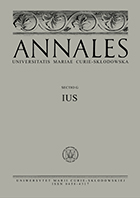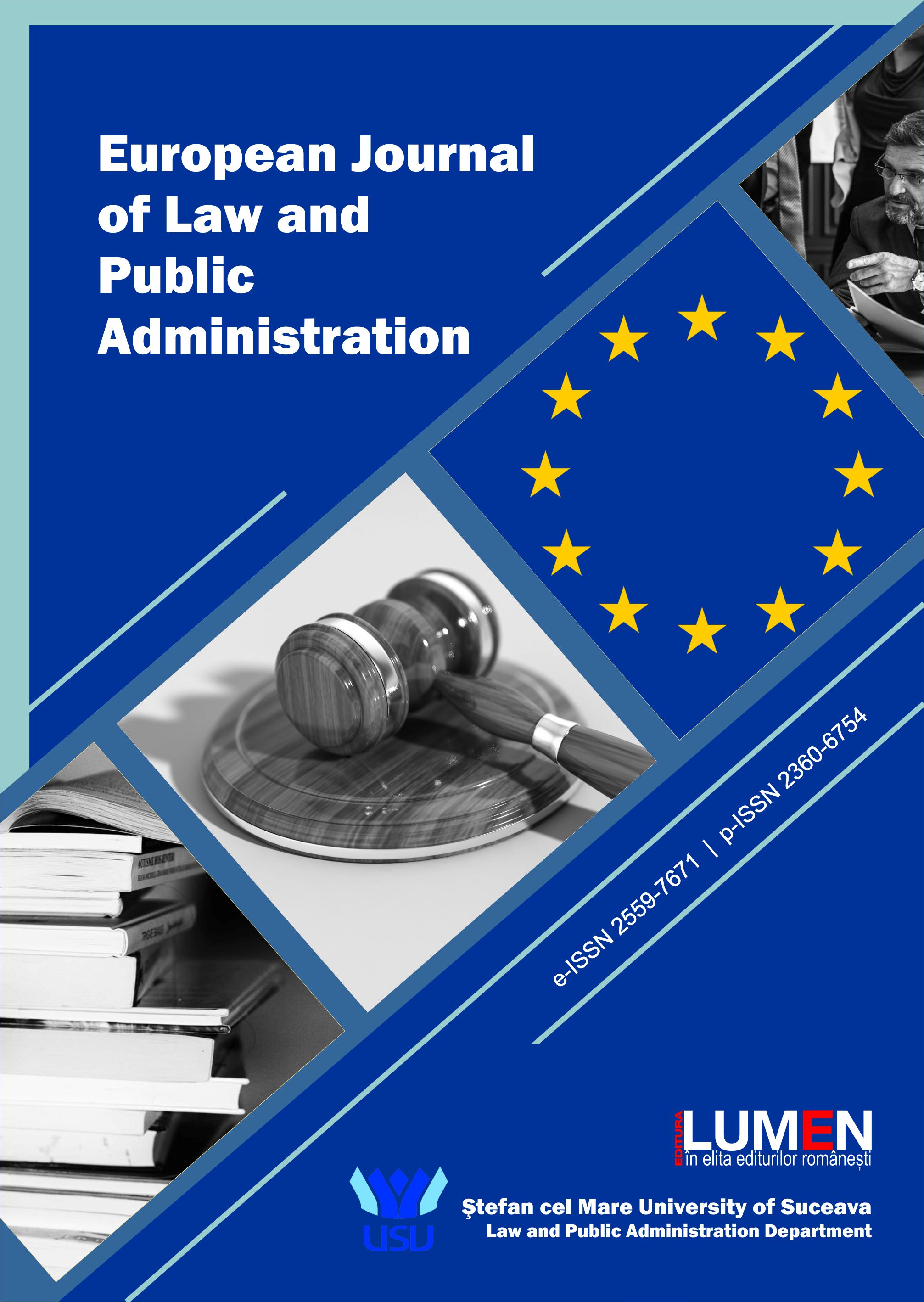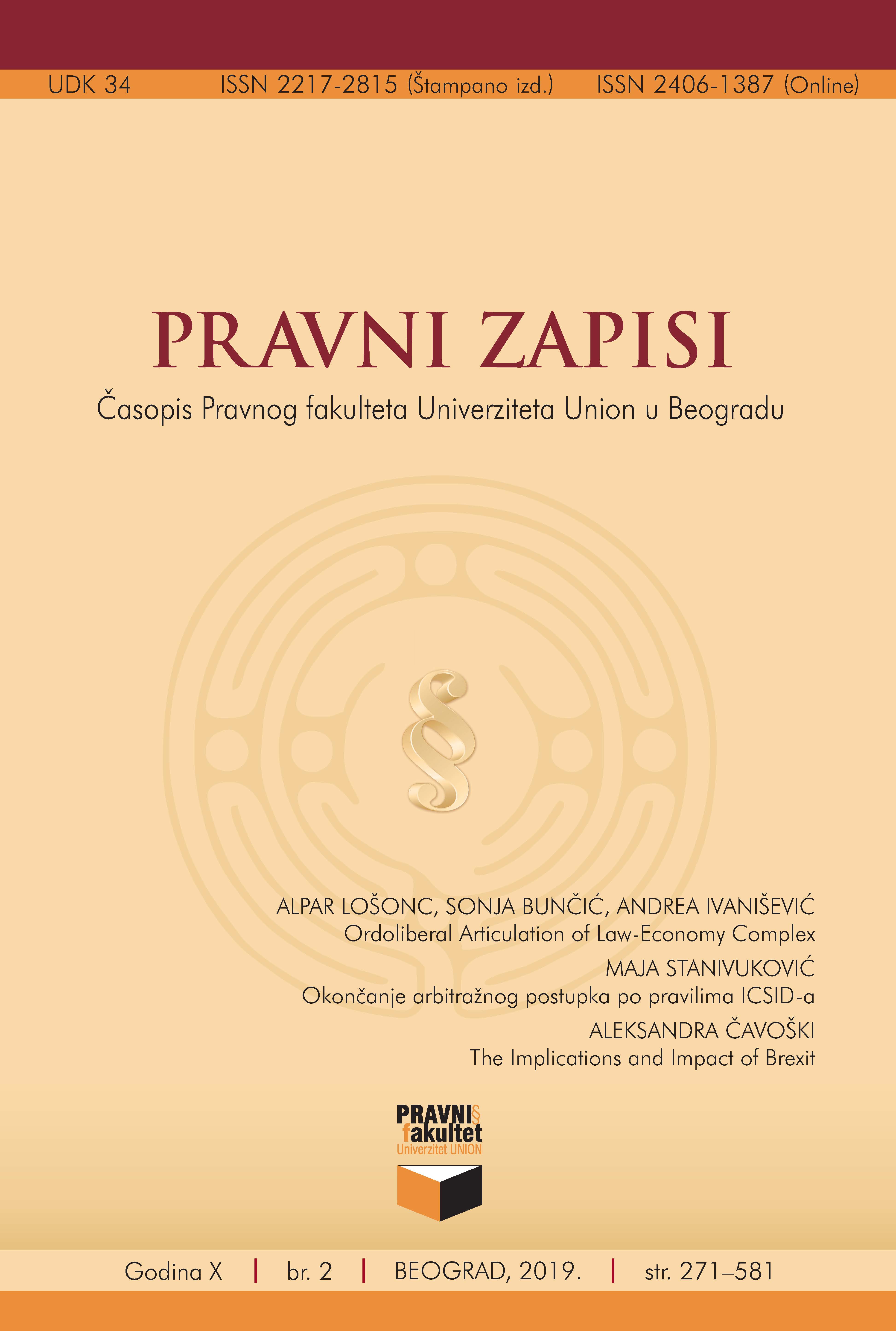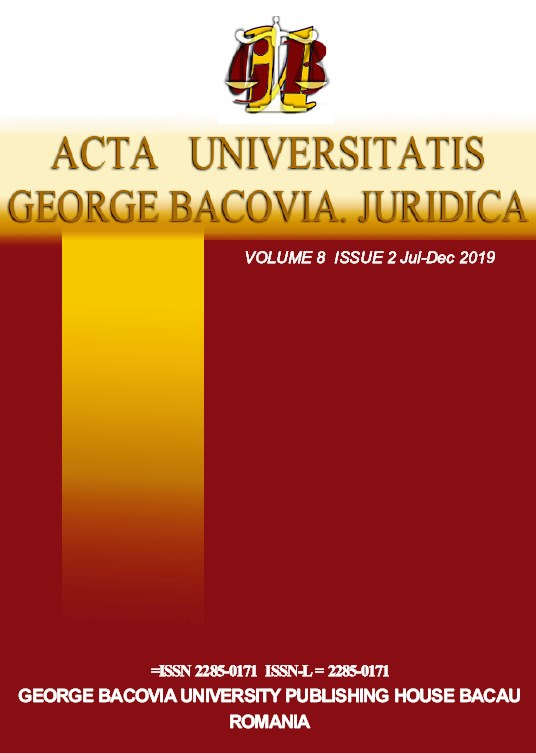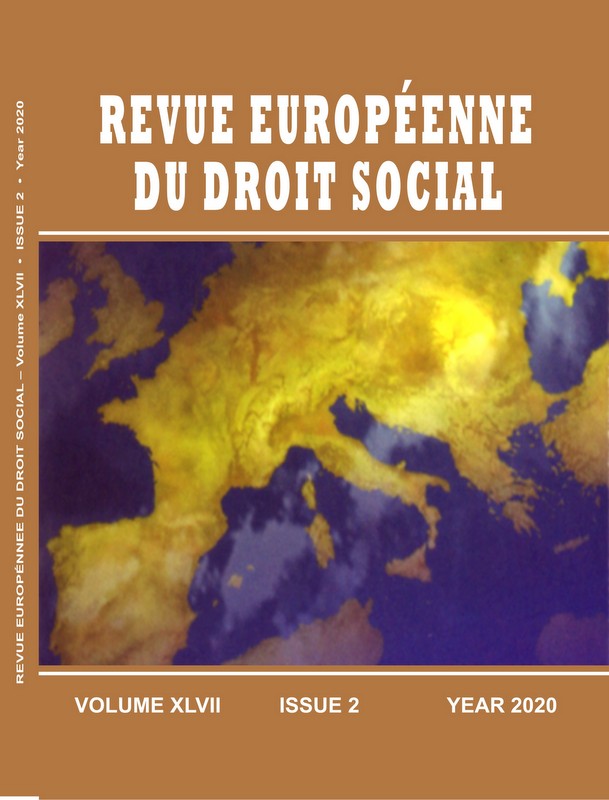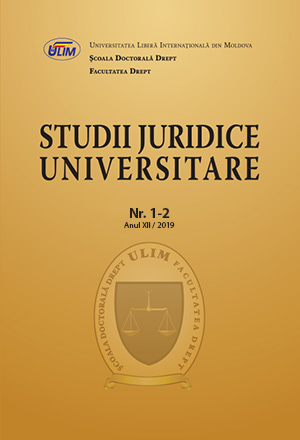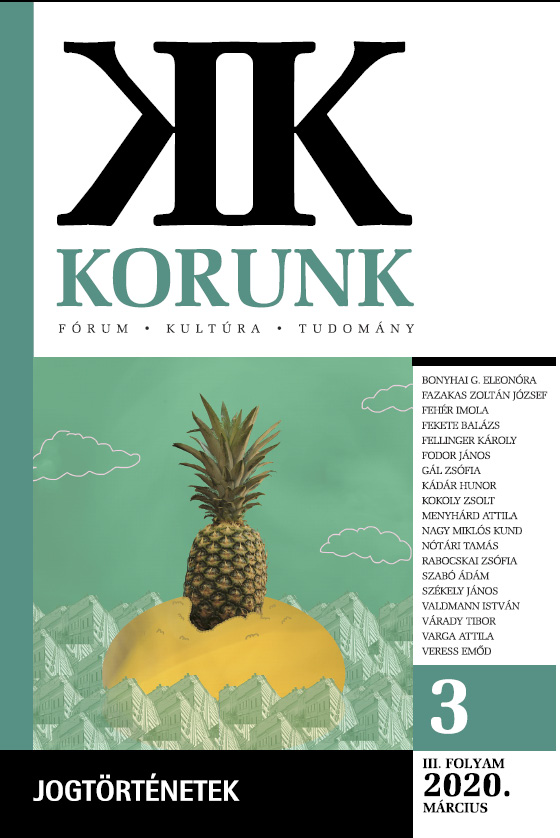
Dlaczego rozważa się stosowanie tortur – o kolizji fundamentalnych zasad porządku prawnego
The article focuses on the dispute about the possibility of legalizing tortures in certain circumstances, that is so-called ‘ticking bomb scenario’ and ‘innocent hostage scenario’. Those cases occurred in reality, thus they triggered a discussion about moral and legal aspects of tortures. The aim of this publication is to reveal that in fact the aforesaid issue is a question of a collision of fundamental principles of the legal system – on the one hand there are dignity and rights of the defendant, but on the other should be mentioned such worths as public security or protecting innocent people’ lives. This publication also describes methods of solving a collision of law’s principles (on the basis of R. Dworkin and R. Alexy recommendations) as well as attempts to propose a specific penal law reaction to a crime of torture committed by a police officer or any other public investigator.
More...


